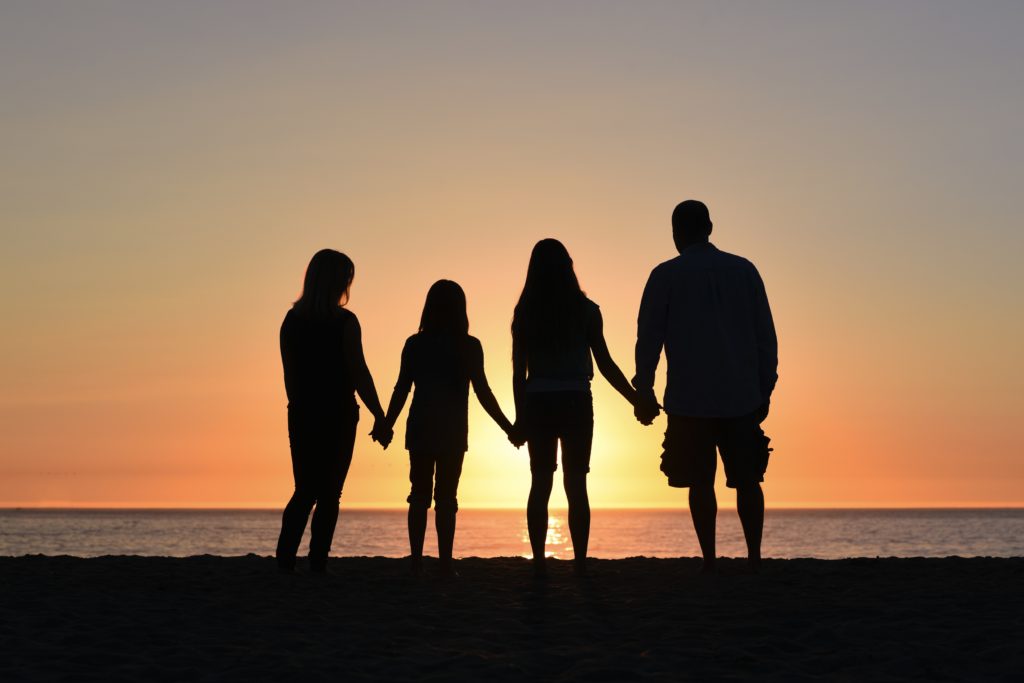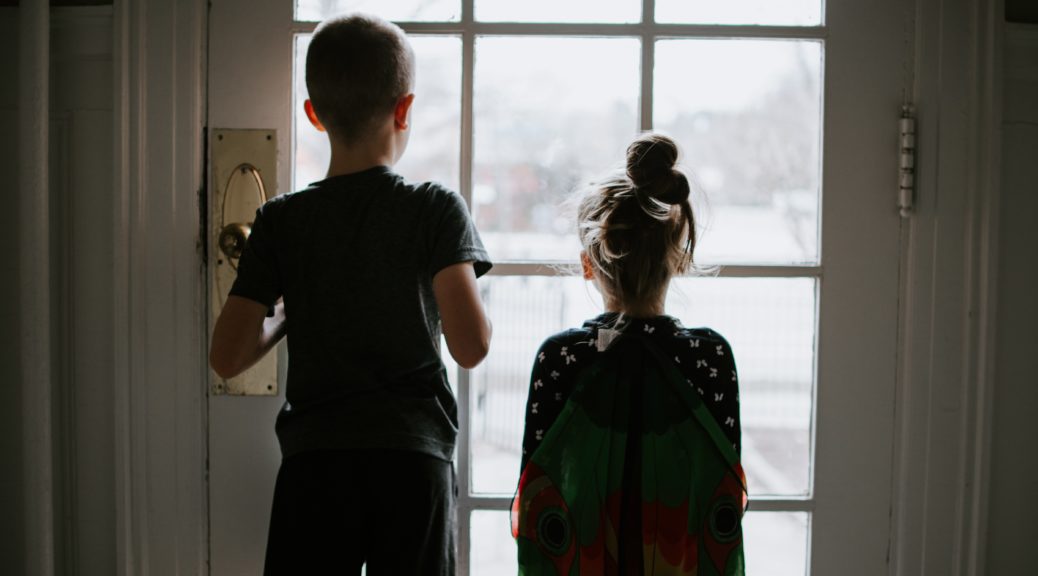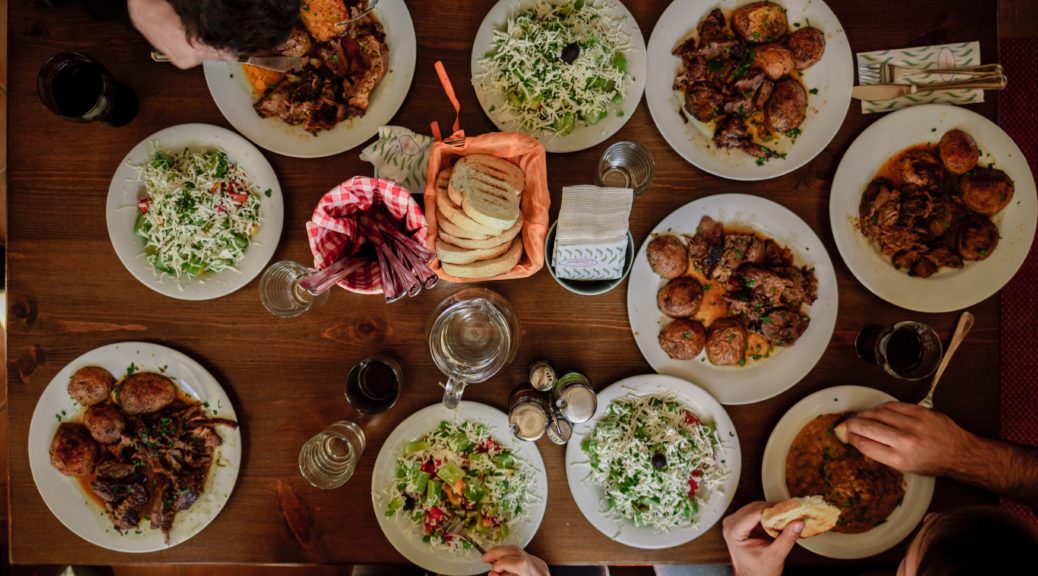[5 minute read]
Edited by Natalie Grace Sipula
Author’s note: This article is the fruit of my analysis and my analysis only. By no means do I wish to come off as an authority on these matters, but rather as a blog writer attempting to spark debate on commonly relevant life questions.
Since governments around the entire world issued stay-at-home orders, you and I can well relate to being stuck inside with your family or your loved ones (I am with my family, which is nice because I get to spend more time with them). Everyone is experiencing different situations at the moment, but I’ve heard many of my friends ask themselves how spending more time with relatives will impact their relationships with them, especially because the connection is being forced by circumstances beyond our control. Here I will put forth my analysis of how I believe different relationships will be impacted during the coronavirus pandemic.
Let us begin with how quarantine impacts relationships within couples. In my opinion, the way the relationship is affected depends on if the couple decides to spend the time apart or to temporarily move in together. If you’re away, even if you talk and see each other online every day, I have observed from acquaintances of mine that the physical distance can create a mental distance. After all, even if you’re in love, not seeing the other person in the relationship every day can make their virtual presence feel less real. You may not see what they look like every day, what they eat, what they are doing. Sharing all of these details on a daily basis makes you become comfortable around the other person, and therefore to a certain extent, dependent on their presence. Why? Because, according to Psychology Today, we are creatures of habit. This is how emotional attachment strengthens.

Nonetheless, if a couple lives together, it’s an entirely different story. When a couple lives together, they will discover very personal details about each other that define their personalities, such as hygiene and eating habits, circadian rhythm, house set-up and possessions, and the things that are really dear to them. These discoveries can help you discern deeper aspects of your partner’s personality in order to determine whether you wish to pursue the relationship. In other words, you get to know the person in a deeper way. If nothing about the relationship seems deterring at a glance, then you may feel compelled to continue pursuing the relationship on a deeper level.
However, a problem that has been mentioned in the news is skyrocketing violence within married couples as a result of excessive, forced contact with each other, according to French media outlets. This typically happens when the couple has been established in their lives together for a long time already. They stay married for purposes other than love, and see going to work as an escape from each other. Quarantine in this case may be the straw that breaks the camel’s back. In these cases, the two members of the couple, if reasonable, should understand that it’s time to part ways for the good of both parties involved.

For children spending time with their family during quarantine, the reaction of the child usually aligns with how the child was raised. For example, if you are a child who is very invested emotionally in your family and your parents took care of you in the most devoted manner possible, it will likely be an immense pleasure to spend more time with your parents, whom you will probably have missed very much over the course of your busy schedule. On the other hand, if you were primarily taught to be autonomous, independent, and outgoing without much contact with your parents, you will likely perceive an increased quality time in proximity to your parents as restrictive, almost punitive in some cases. You may also feel restricted by the impossibility of intimacy with your close friends, listening to music, or engaging other social activities.
Continue reading Effects of Physical Confinement on relationships



